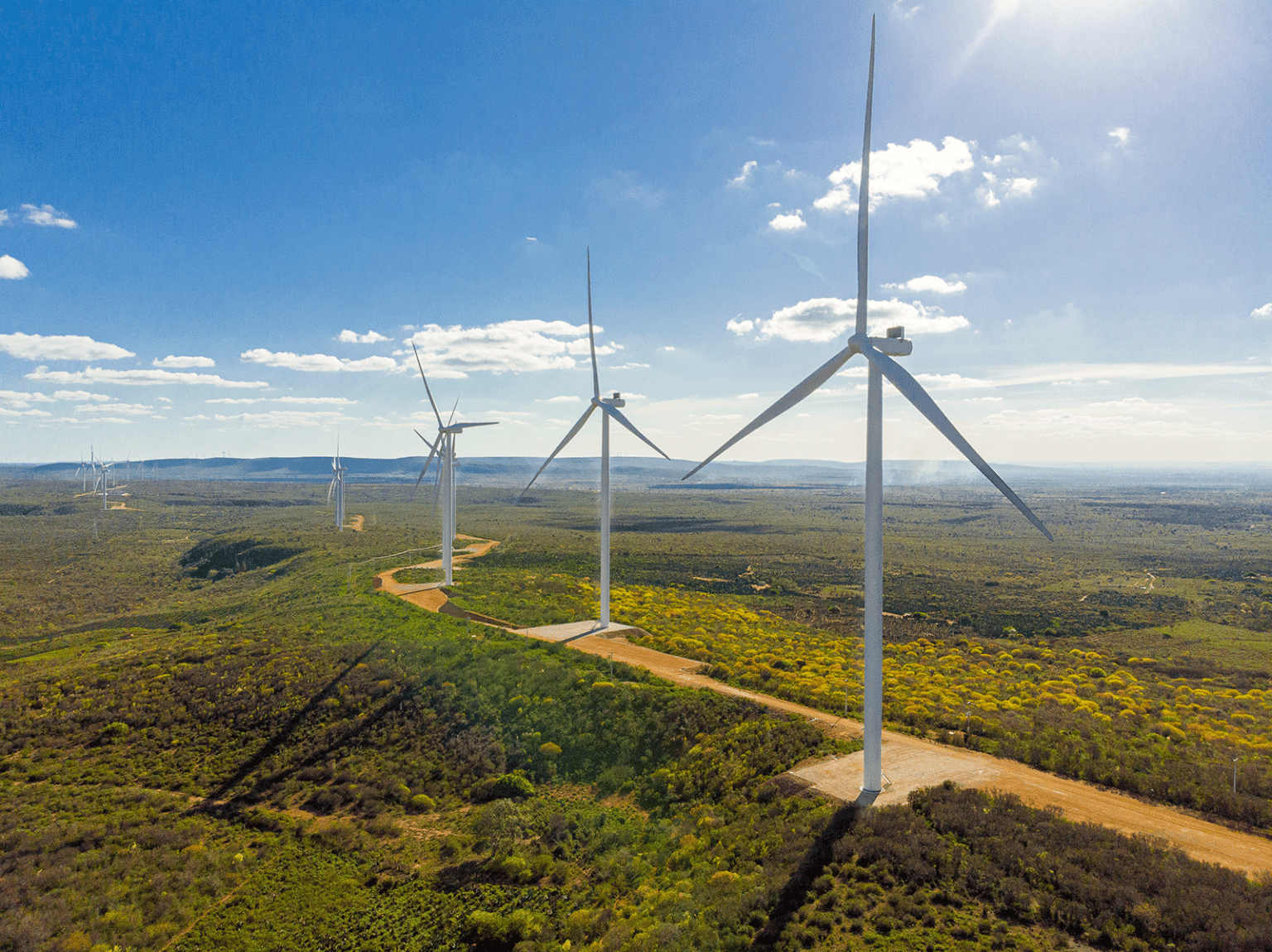In Short : CPK Airport is undergoing a remarkable green energy revolution, positioning itself at the forefront of sustainable aviation. This transformative initiative includes the implementation of cutting-edge technologies, renewable energy sources, and eco-friendly practices to significantly reduce the airport’s carbon footprint and promote environmental conservation.
In Detail : The global aviation industry, traditionally seen as one of the major consumers of energy, is at a crossroads. Faced with decreasing resources and increasing pressure to achieve energy independence, nations around the world are facing the challenges of balancing energy security with the demands of economic growth. As a result, the focus is increasingly on large-scale facilities where the opportunities for significant energy savings and efficiency improvements are most tangible.
In an era where the sustainability of transport sectors is not just an aspiration but a necessity, pressing concerns about the geopolitical implications of energy dependency are becoming increasingly evident. The global aviation industry, traditionally seen as one of the major consumers of energy, is at a crossroads. Faced with decreasing resources and increasing pressure to achieve energy independence, nations around the world are facing the challenges of balancing energy security with the demands of economic growth. As a result, the focus is increasingly on large-scale facilities where the opportunities for significant energy savings and efficiency improvements are most tangible. These facilities, such as the new Centralny Port Komunikacyjny (CPK) airport, represent examples of focal points for innovative energy strategies that harmonise both operational efficiency and environmental governance, responding to the urgent need to rethink energy production and consumption in the face of a changing global reality.
The CPK project seeks to combat climate change and includes energy-efficient measures, such as the use of renewable energy sources like solar energy, geothermal heating and cooling, and smart and highly efficient energy systems, to ensure the airport’s net zero vision once operational in 2028. Moreover, water resources are also planned to be managed sustainably through rainwater harvesting and on-site treatment plants that reuse non-potable water for irrigation, as well as for flushing and process systems, including heating, cooling and ventilation.
Electrical systems
In line with the above, the electrical installations of the CPK airport will be designed to provide the future-proof and flexible state-of-the-art solutions required for the project, while considering cost effectiveness, efficiency, reliability, simplified installation, operation, maintenance, along with ensuring safety measures to guarantee the protection and safety of people as well as equipment and assets.
From an energy point of view, the circulatory system of the CPK infrastructure is based on a precisely designed, high-voltage power installation. Created with the dynamic needs of modern air transport in mind, this system will not only remain state-of-the-art, but also future-proof, balancing the requirements for cost-effectiveness, efficiency and reliability. Ultimately, the power installation will be fully hybrid, allowing simplified operation and low maintenance costs. Furthermore, the greatest emphasis of the project is on ensuring the safety of the people and the equipment. CPK’s commitment to sustainability is demonstrated in the well-considered strategies related to optimising energy consumption etc.
Looking into the technical details, the estimated power load for this gigantic project will be in the 150-250 MW range during the peak phase. To prevent unforeseen power outages, a centralised emergency system will be installed to ensure that safety and other core systems remain operational in the case of a power failure. The power system will be supplied by two independent 400/110/15 kV and 110/110/15 kV sources. Therefore, the CPK’s power grid will guarantee uninterruptible power supply continuity and ensure 100% safety of all flight operations.

